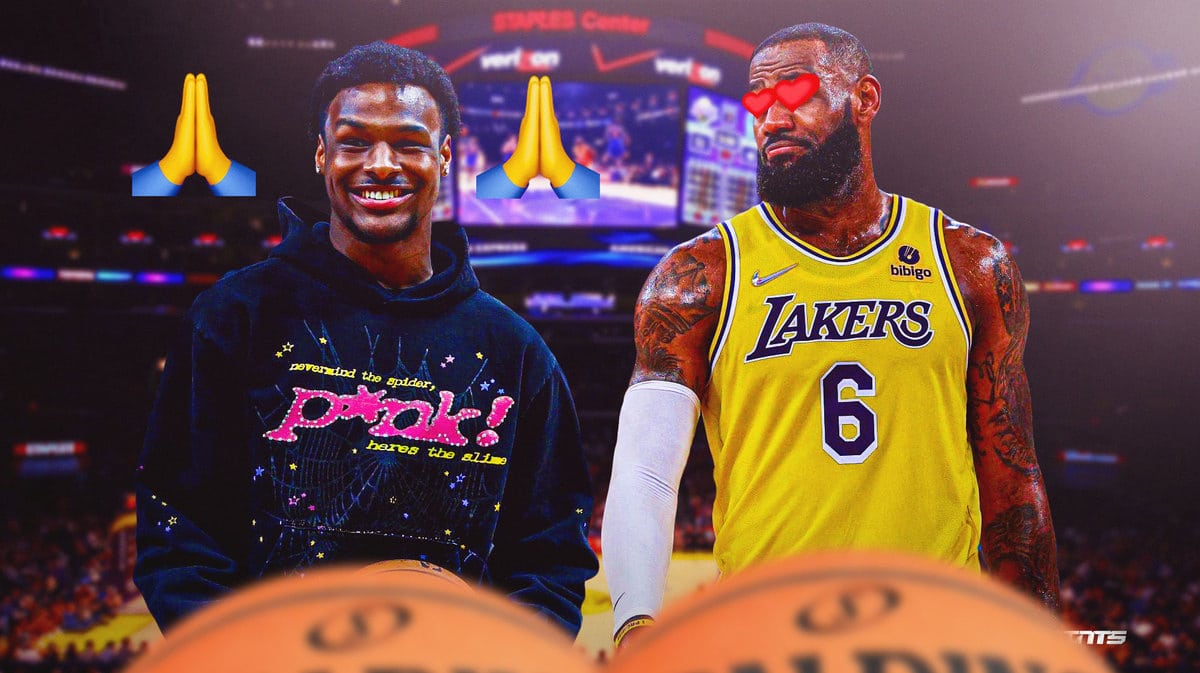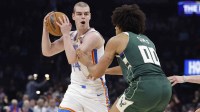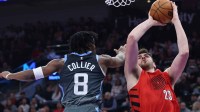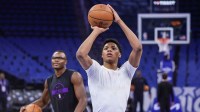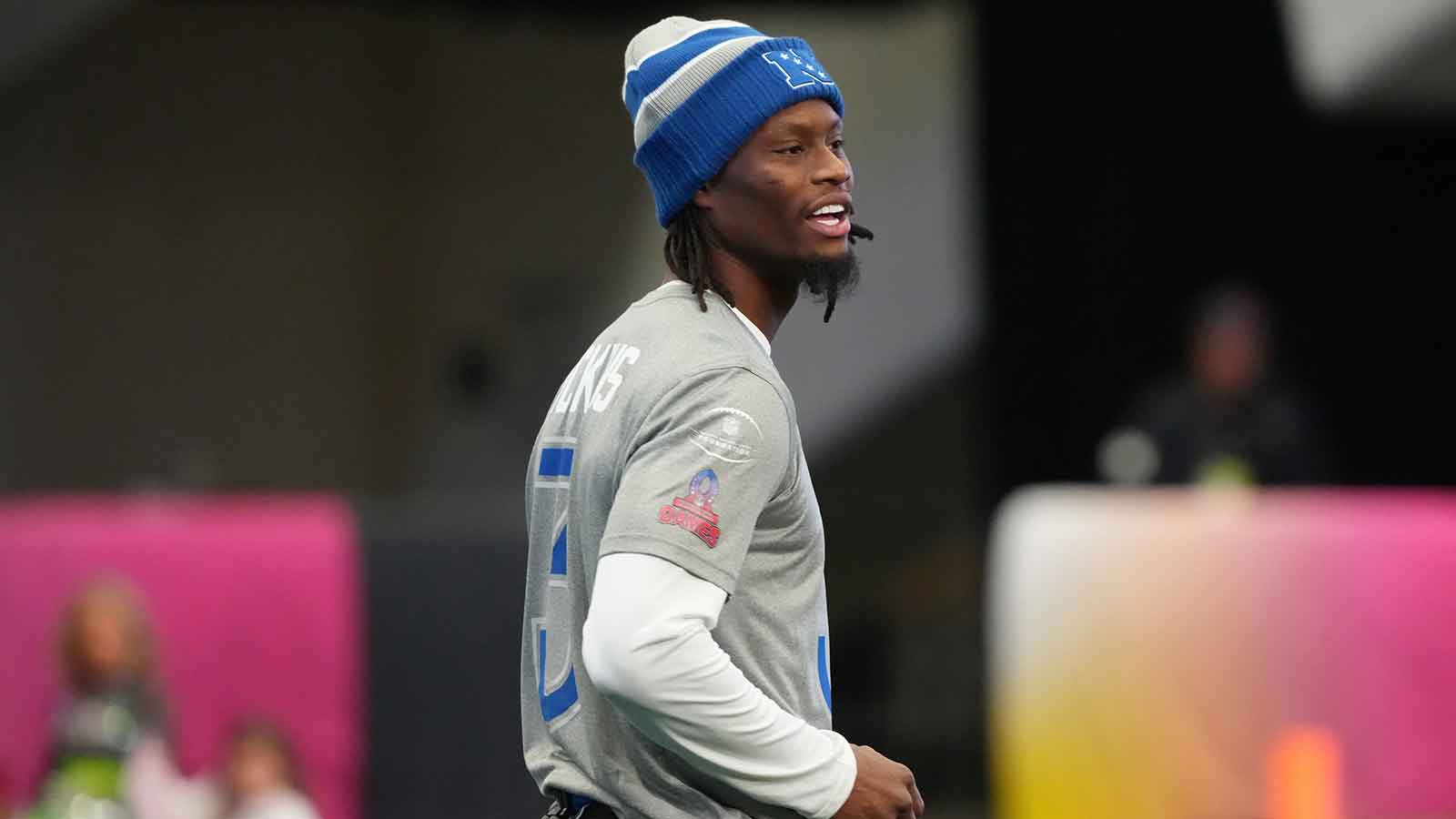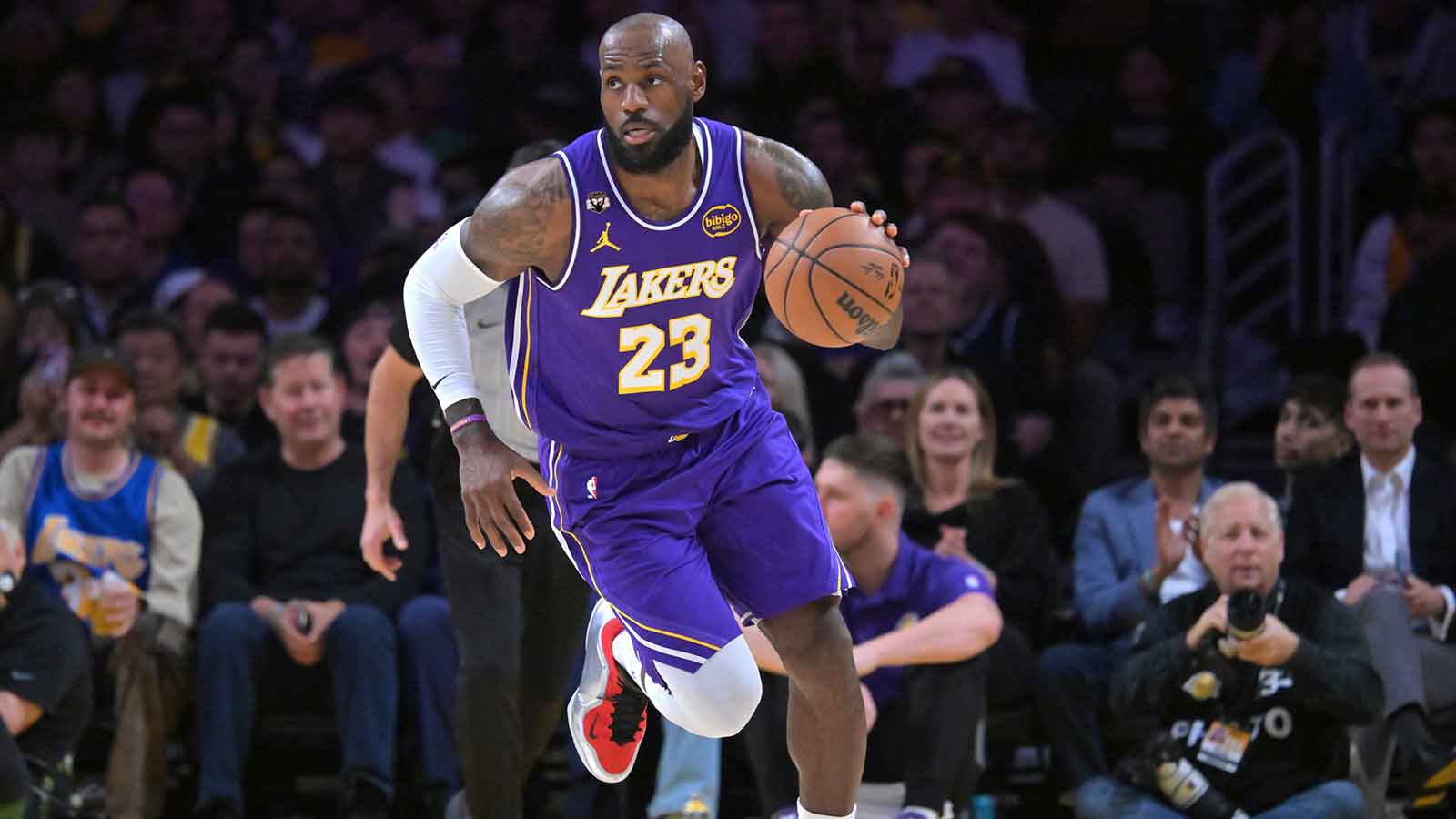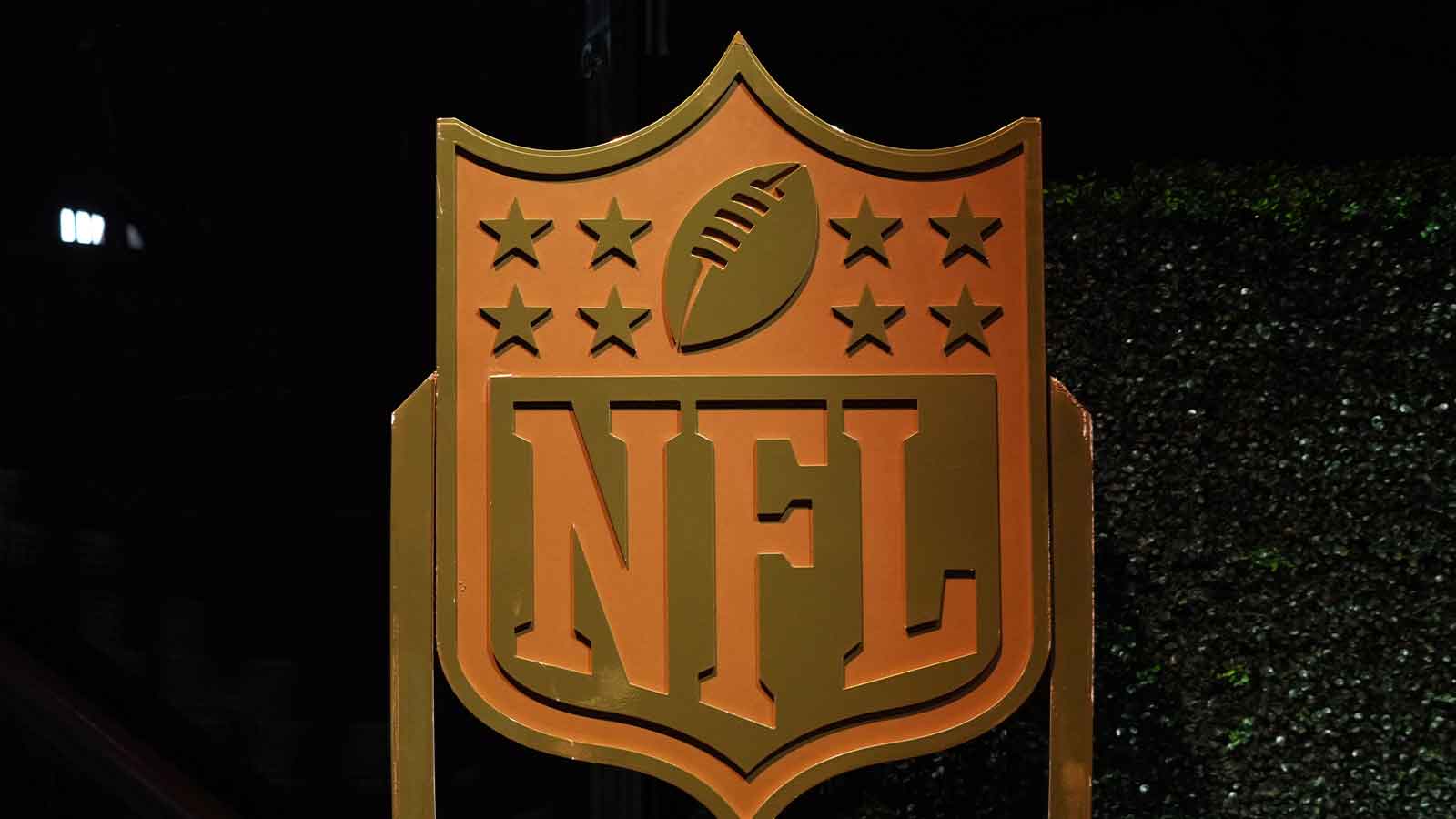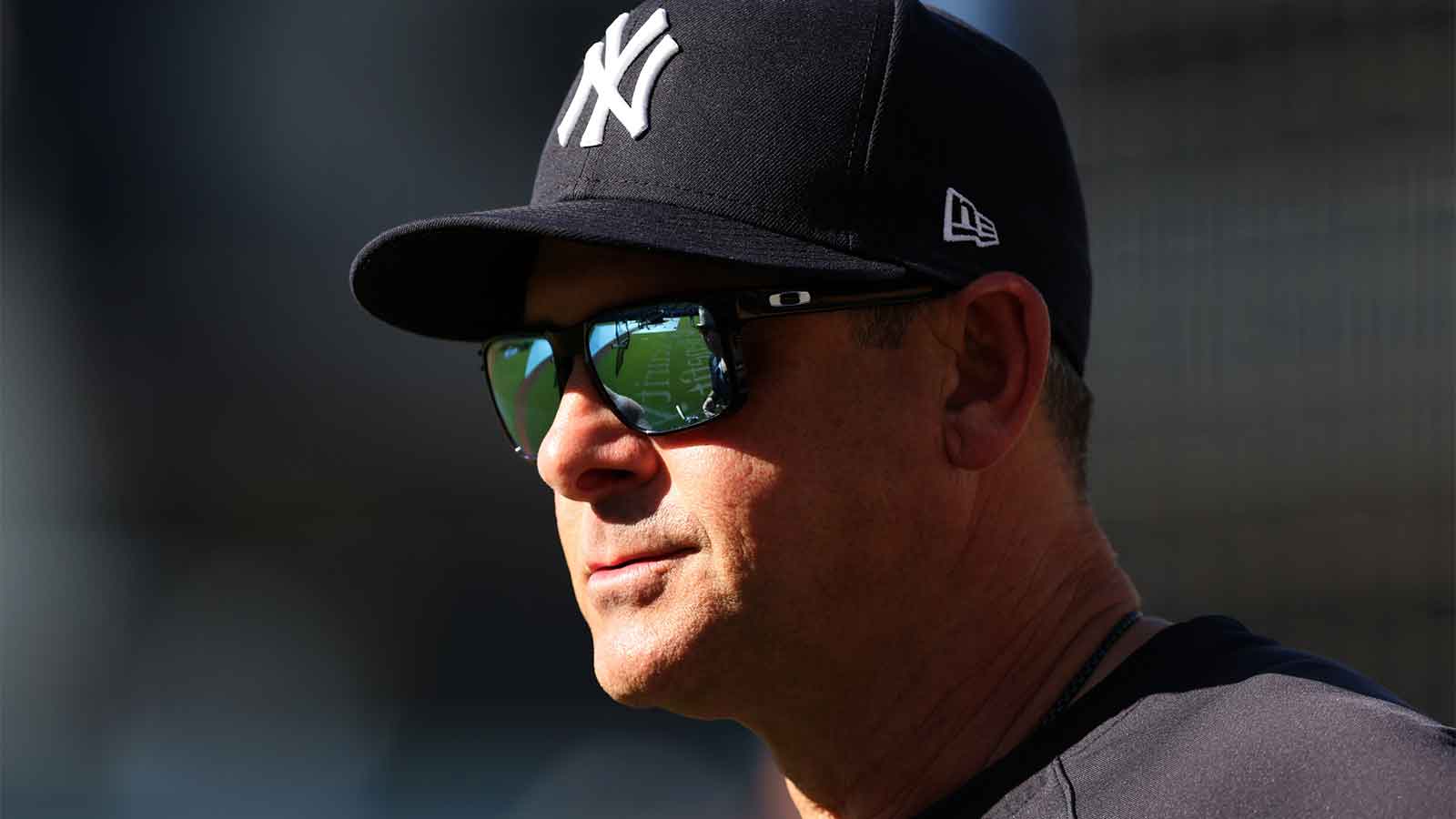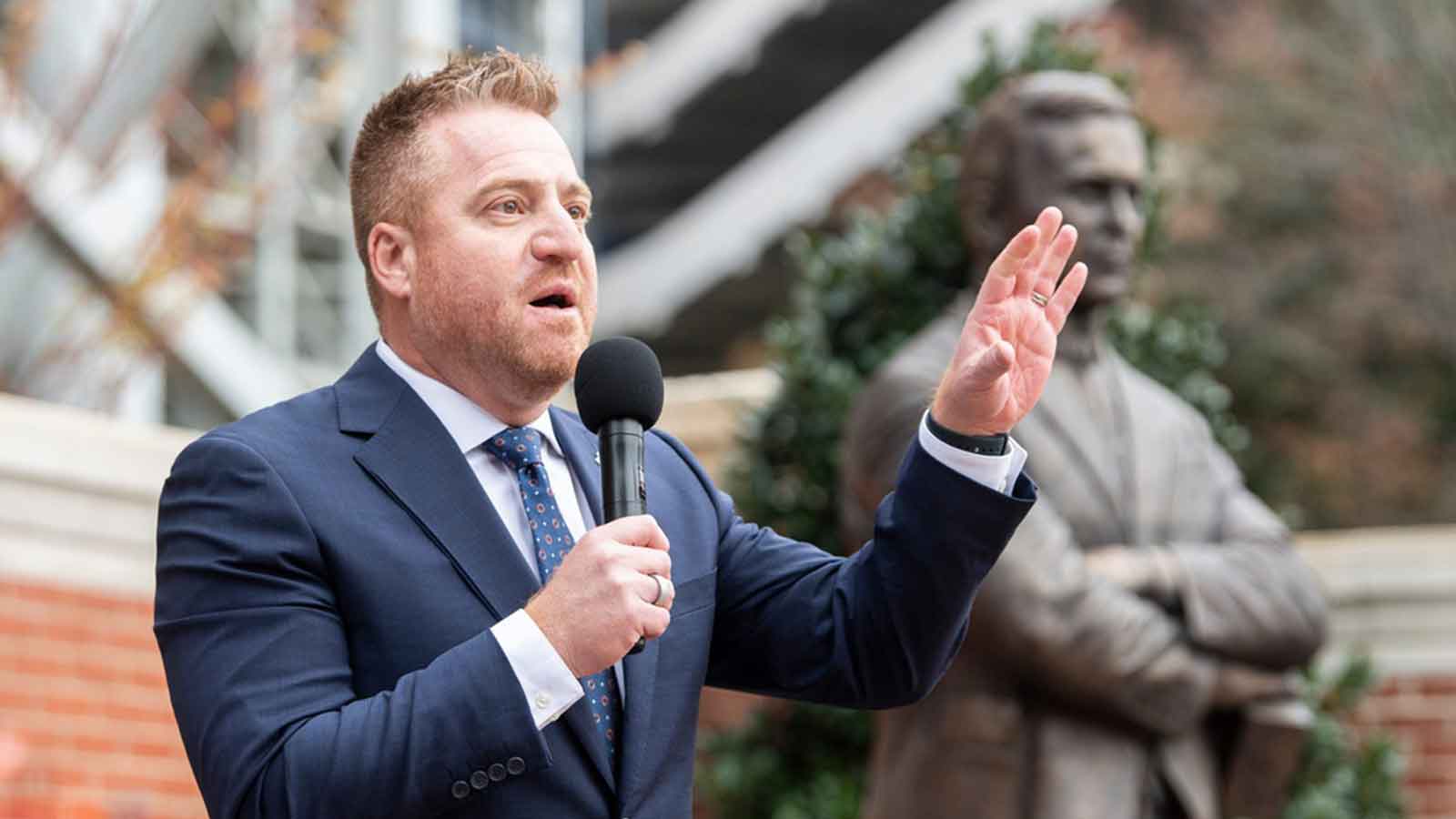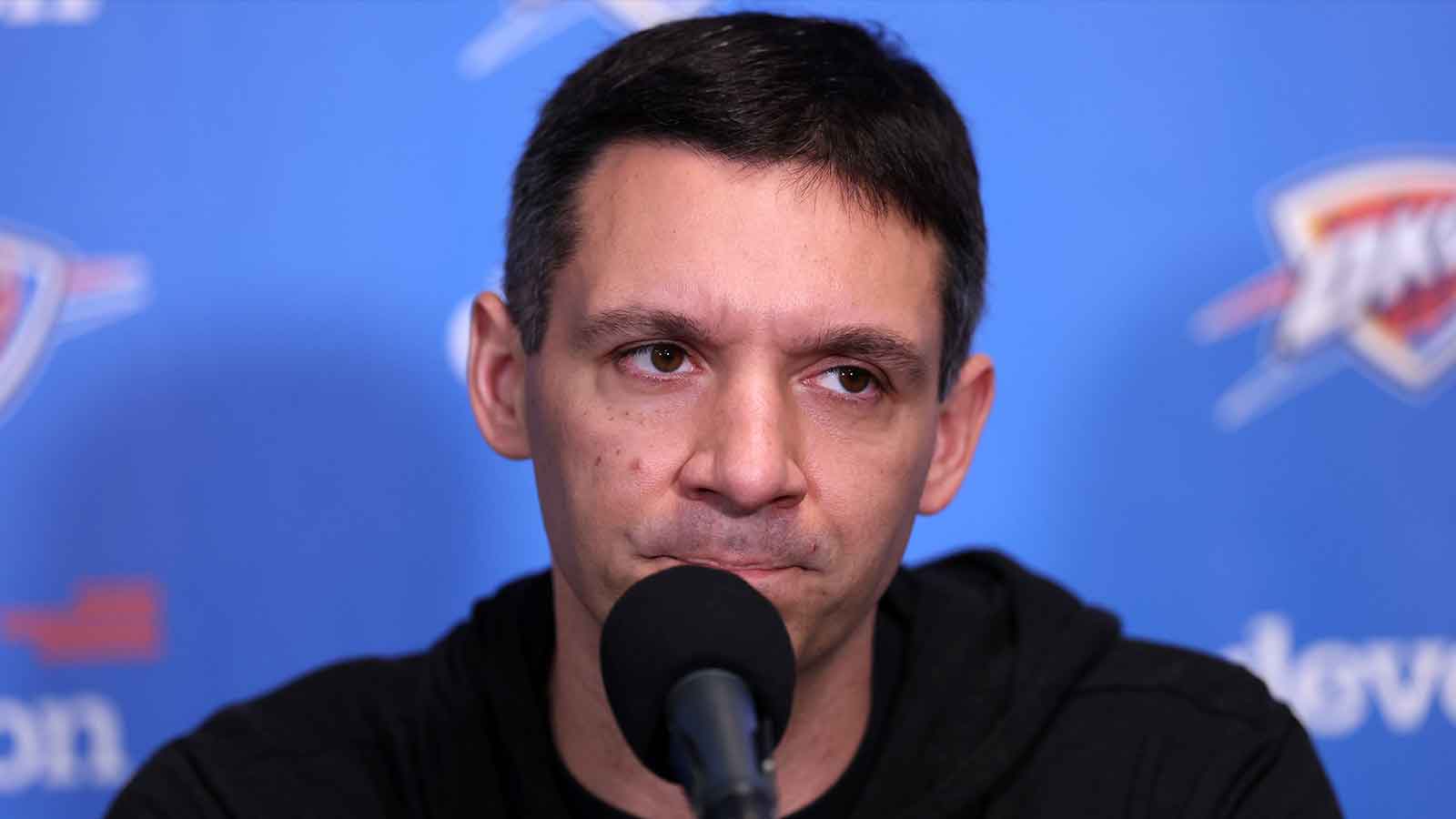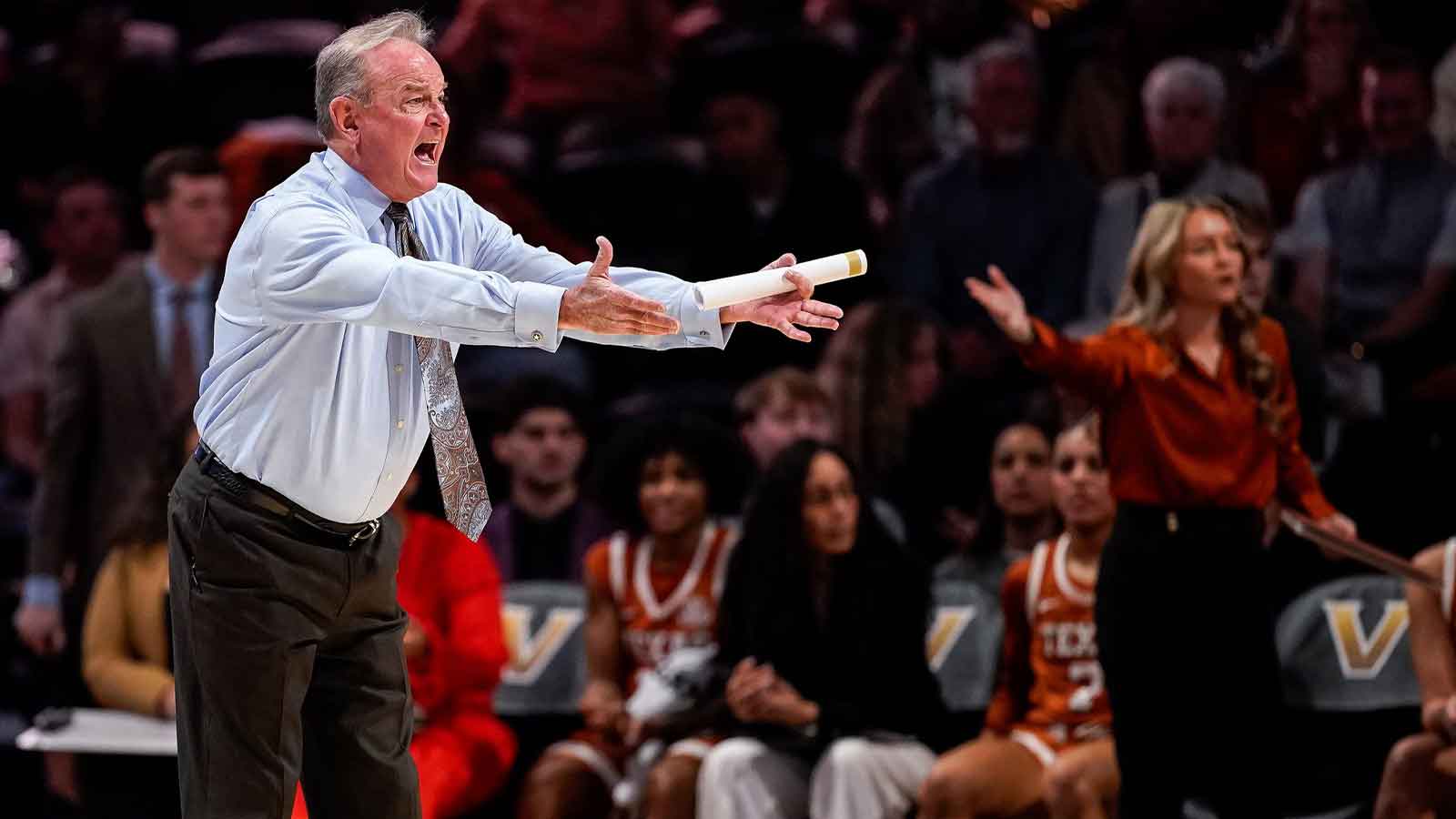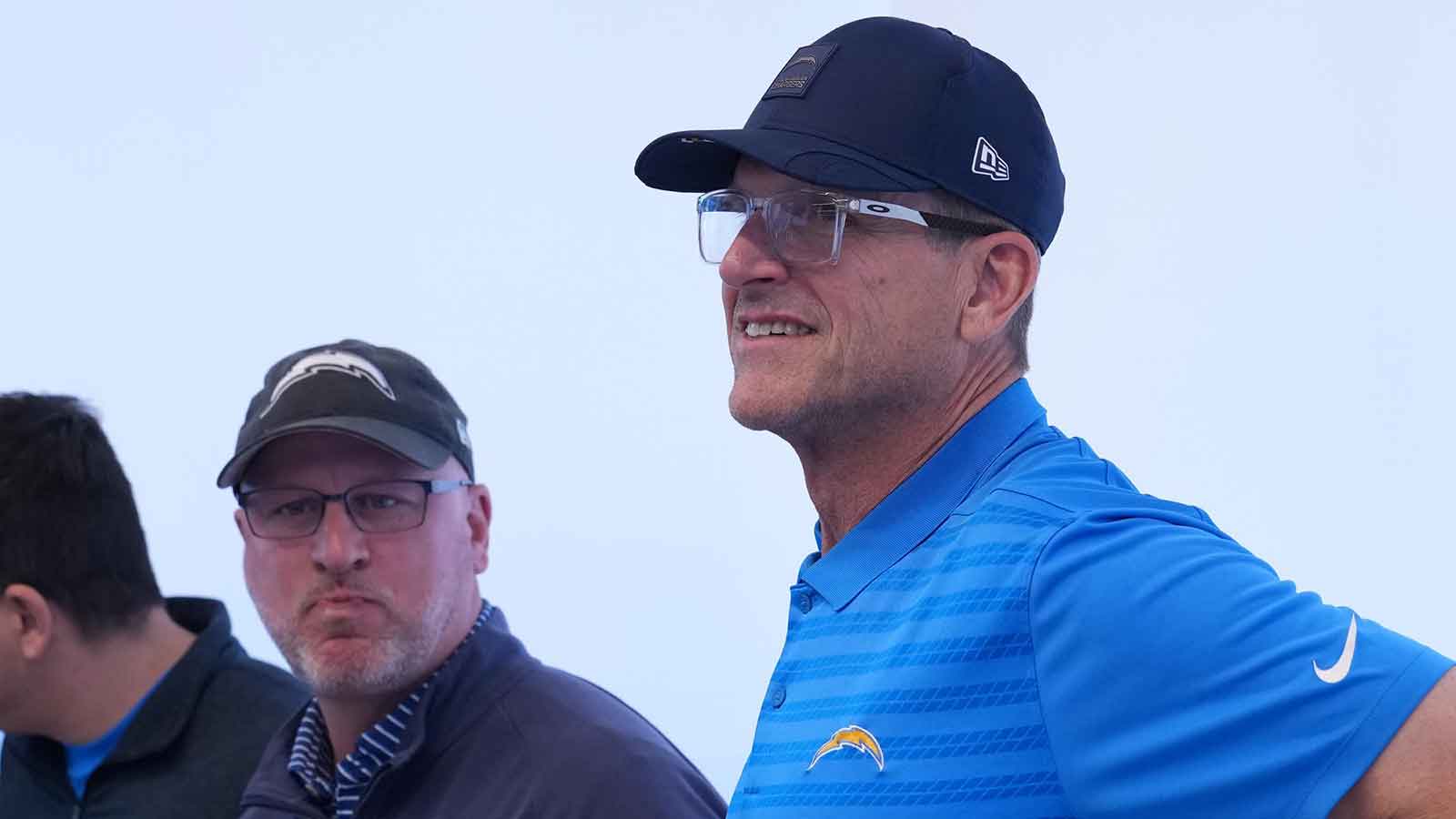Bronny James' sudden cardiac arrest took the entire basketball world by surprise. Bronny, the son of NBA superstar LeBron James, collapsed during a practice with his USC basketball team abruptly. Thanks to a swift response by the medical team, the younger James survived and is now back to playing somewhat. However… questions about Bronny's future in basketball remain, and understandably so.
Heart defects are no joke, and a serious heart problem could stop Bronny James' basketball career in his tracks. There's a number of different possibilites on what could've triggered the cardiac arrest. What's the best-case scenario for Bronny? Benjamin Levine, a sports cardiologist, shared his thoughts on this to Yahoo! Sports.
“Something that’s treatable and reversible,” Levine said. “Certain patients with genetic disorders of the electrical system do extremely well taking simple medication,” Levine said. “Some kinds of electrical disorders are curable, but structural diseases of the heart tend to be less so.”
Sudden cardiac arrest are the leading cause of death for young athletes, no matter the sport. If not for the first aid administered to Bronny James, the USC basketball star might not have survived his cardiac arrest. What's tricky about these cases is that the patients often do not display other symptoms before the incident. The same thing happened to Bronny: there wasn't a single report about poor health or heart problems.
Now that this is on the table, the top priority for Bronny James' family is the young player's health. Heart problems are no joke: depending on the diagnosis, Bronny's life could be completed altered. The key, according to cardiologist Richard Kovacs, is getting the right diagnosis. After all, plenty of players had similar cardiovascular problems but went on to play.
“The key for Bronny’s future, in my opinion, is that they get the diagnosis right — and that’s not easy,” Kovacs said. “It takes a careful assessment by a team of cardiologists who are familiar with looking at diseased hearts and elite athlete hearts.”

